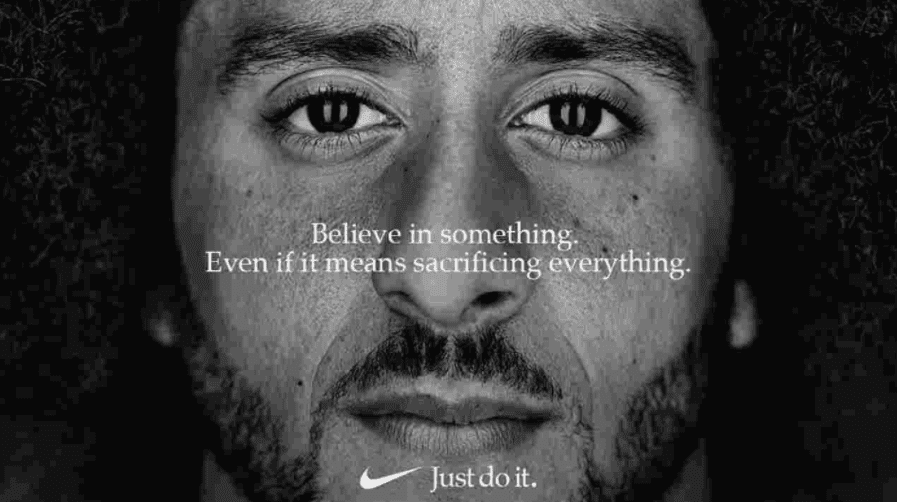Today I offer you the following guest post by Trevor Smith of HomeWetBar.com. Copyrights have become a heated topic lately, and Trevor outlines his biggest concerns for social media and collaborative sites.
Web 2.0 and crowdsourced sites are in many ways the backbone of the internet.
These are sites and services where anyone can contribute, which truly takes advantage of the communication features of the web and can result in some of the most impressive works and collaborative efforts you’re likely to see.
One person for instance could probably never have written Wikipedia.
It would take the largest company in the world to populate YouTube with anywhere near the number of videos it now enjoys.
Facebook quickly became the most visited site on the web, because it allows people to communicate, to spy on each other and to work together to instill a real sense of being part of a larger connected community.
But now, something stands to threaten that in the form of Google’s new DMCA takedowns.
Here we will look at why this is and whether there’s anything to do about it – as well as at some of the implications of this new concept.
An Overview
Basically DMCA takedowns get their name from the Digital Millennium Copyright Act and concern the use of copyright material on the web.
The idea is that every time someone registers a copyright notice with Google regarding a particular page, that will be added to an overall score which will negatively affect the site’s position in the SERPs.
If enough complaints are registered, that website can end up at the bottom of the heap and effectively dead in the water.
This is a nice idea in theory, but it has many different problems, as we will see.
In the old system, a user could make the complaint to Google, but they would generally take a neutral stand on the matter.
The main avenue for legitimate complaints would be to contact the site owner and request that they remove the content before filing a lawsuit.
Now though, they have a quick and easy way to punish any site that they feel is breaching their copyright.
The Concerns
This is concerning for many reasons.
Several commenters have likened it to a form of negative SEO (doing ‘bad’ SEO for a website that is competing with you).
At the same time, this also has big issues regarding successful collaborative sites like Twitter or Instagram.
Why? Because, without heavy moderation from site owners, it will be almost impossible to ensure that users aren’t uploading copyrighted material that could get the site into trouble.
There’s no doubt that people are going to complain about pages that do.
This means that the very sites that encourage working together, democracy and community, and that often offer the best content online, could end up being punished by Google.
What makes this particularly upsetting is that it’s all rather hypocritical of Google, considering their book scanning project and even YouTube which handily is exempt from these rules.
It seems that anyone attempting to create a business model similar to that of Google would end up being punished for it, and these kind of double standards are what upset people about the way Google does business.
What to Do
At the moment, there really is very little you can do about this if you own a community site, other than to take as many precautions as possible.
Inform your users that you won’t tolerate breach of copyright, learn what you can about intellectual property laws, and try not to make any enemies.
More importantly though, this is yet another good reason to ensure that Google isn’t the only way people can find your site.
You promote yourself in many other ways, too.
Trevor Smith is an avid blogger who writes extensively for HomeWetBar.com. He recommends Homewetbar golf gifts for all golf enthusiasts.
Editorial Team
Latest posts by Editorial Team (see all)
- Tips to Speed Up Your WordPress Website - July 27, 2016
- 4 of the Least Obnoxious Ways to Use Social Media to Reach Customers - November 20, 2013
- 7 Simple Ways to Market a New E-commerce Website - November 12, 2013




